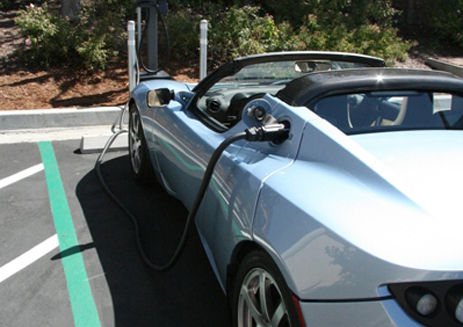As world leaders meet in Copenhagen to seek consensus on ways to reduce carbon emissions, the world’s automakers are on the doorstep of a revolutionary change in how the vehicles we all depend on are designed and powered. From batteries, to plug-in hybrids, to next generation biofuels, clean diesels and hydrogen powered autos, to dramatic improvements in old combustion technology, automakers are doing more than any other industry to bring the change needed to avoid a potential climate crisis — and they do so willingly.
More so now than ever, automakers realize that reducing the automobile’s dependence on fossil fuels is a necessity for creating a sustainable business. But make no mistake; the path forward will be challenging.
In order for carbon reductions to be obtained equitably worldwide, a comprehensive program engaging all sectors of the world economy is required. From agriculture to utilities to manufacturing to transport to households; all have roles to play. And while automakers are an integral part of society, they are only one piece of the puzzle. As such, the transportation sector must be firm... Read more

